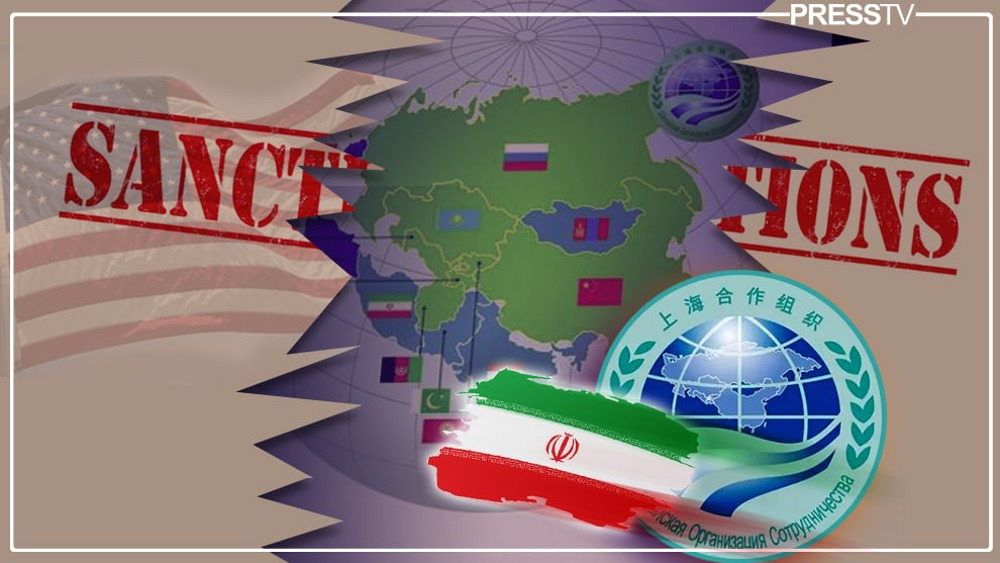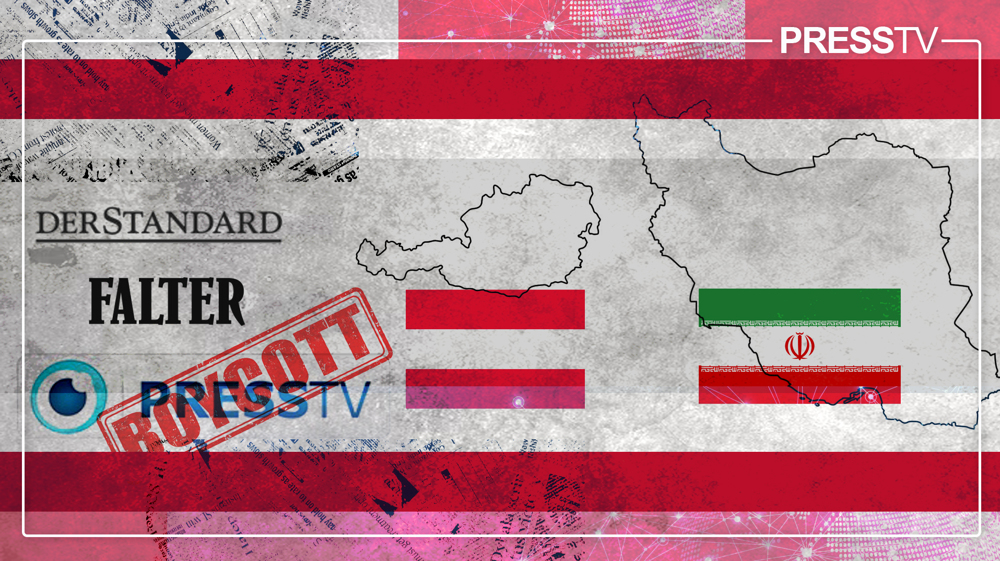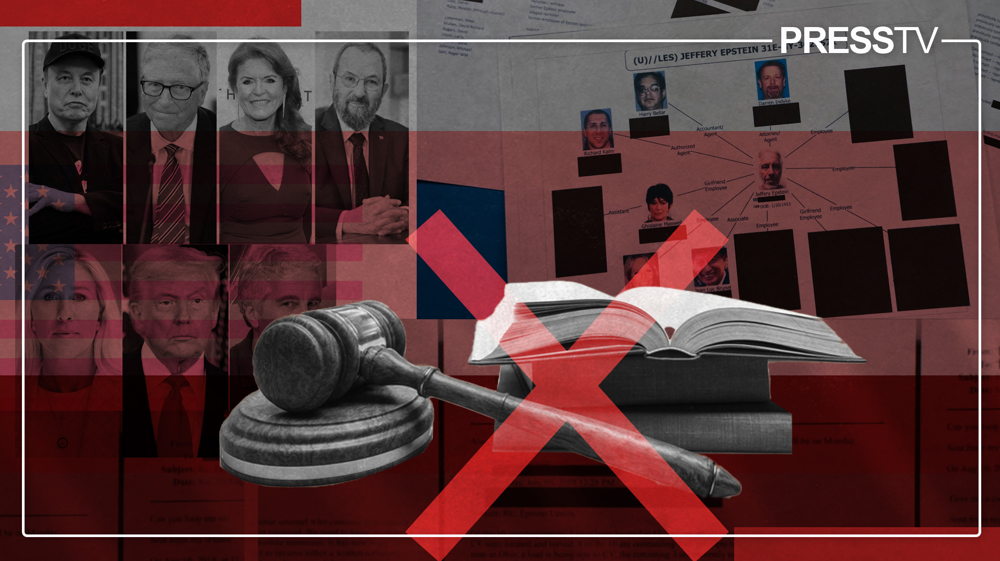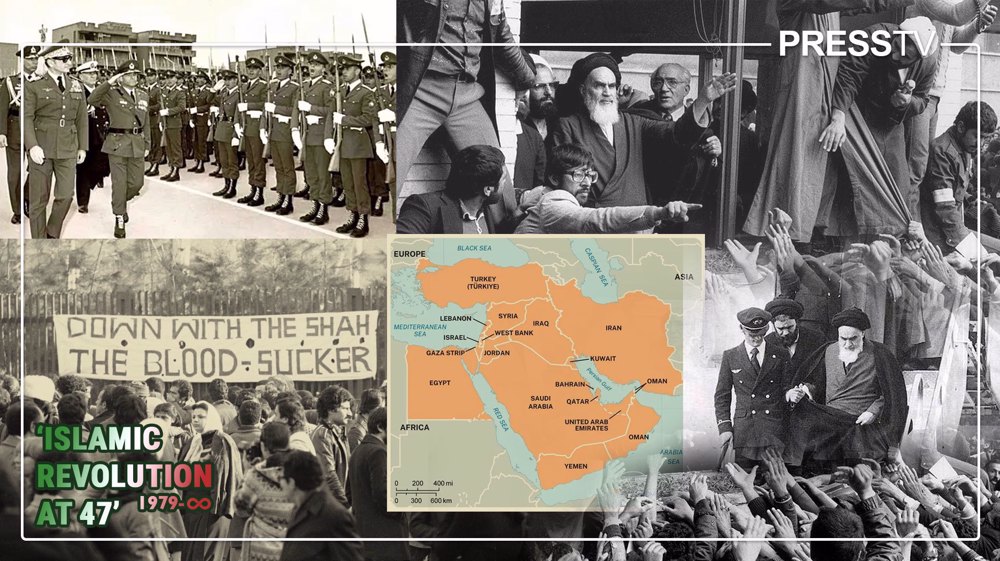To Sanction the Sanctions: A look at the economic-political effects of Iran’s official SCO membership
By Mehdi Khan’ali-Zadeh
“Causing pain” was the phrase that “Richard Nephew,” one of the anti-Iran sanction drive’s main designers and architects, used to describe as the ultimate goal of creating the sanctions regime against Tehran. Nephew said the measures sought to pain the Iranian people so they start pressuring the country’s leadership to accept Washington’s demands.
Now, a decade has passed since the sanctions were imposed to cripple Iran and pave the way for its submission to the White House’s requests. What has taken place in practice and out in the real world, however, is that now, the United States is seeking to pressure its European allies into compelling Iran to keep up the Vienna talks to revive the nuclear accord (JCPOA), and Iran is celebrating its official and complete membership of the Shanghai Cooperation Organization, a development that is to be followed by creation of new horizons for cooperation with East Asian countries and holds political-security achievements in store for the Islamic Republic.
Iran’s acceptance as the ninth official and permanent member of the SCO ranks as an important international development in the course of transformation of the international order; a development that can be introduced over the next years and across history books as one of the milestones down the path of the international hierarchy’s transition from “America’s hegemonic unipolar” to the “flexible bipolar West-East.” This is the exact same thing that Henry Kissinger, former US secretary of state and a notable strategist in America, had warned the White House would happen: He had cautioned that, practiced radically, the US’s exceptionalism could result in the loss of the post-Cold War American order in the international establishment. Zbigniew Brzezinski, former US national security advisor, had also in his The Choice: Global Domination or Global Leadership book, laid emphasis on the same point, calling Washington’s imperialist push in its foreign policy after 9/11, a deadly poison threatening the survival of the American hegemony in the world.
The main question, however, here is: What are the potential economic achievements that could be drawn from Iran’s membership of the SCO that can be so consequential and effective?
Tehran has been faced with the United States’ unilateral and illegal sanctions for years, and this very issue has turned into a great obstacle in the way of its economic interactions with the rest of the West Asian countries, even its own allies. Notwithstanding this, the frustration of the nuclear agreement between Iran and the P5+1 and the Trump administration’s measures that sustained throughout the Biden administration, led to materialization of the warnings that had been issued by the sanction experts that the chart depicting the effect of the sanctions on the Iran showed the economic measures’ efficacy was past its peak. Meaning, Iran’s economy had reached a state, where it could adapt itself to the sanctions, and, despite some hiatuses in the previous government, can innovate precise and effective ways to neutralize the sanctions. It is these very areas of competence that have prompted the other parties at the Shanghai Cooperation Organization to accept Iran as a member so this capacity could be drawn upon towards creation of an economic-political-security bloc against the United States.
Now, with Iran’s full SCO membership, the country’s damaged but resilient economy can recover fast and the Islamic Republic can, apart from improving its people’s livelihoods and benefiting its grand economic structure, lead one of its foreign policy strategies, namely the strategy of standing up to the US’s imperialism on the international arena, in a more practical and apparent way. On the one hand, setting up of a network to sell oil and gas to China, and, on the other, the procedure of contributing to the security of BRI (Belt and Road Initiative), which is the very new Silkroad, would serve as two important and effective factors in Iran’s economy following its ascension to the SCO’s membership.
This is important because during the Vienna negotiations, the American team has identified allowing Iran to sell around one million barrels of oil to China per day as a concession. However, what happened in Tajikistan stole this leverage from the Americans.
In the meantime, it should be noted that Iran’s joining the SCO does not equal its addition to “a new East bloc,” but is a precursor to creation of “a new Eastern bloc” to confront the American structure in the post-Cold War era; meaning, in the same way that the 33-Day War by Israel against Lebanon in 2006 was an effort on the part of Washington to create a new order in the West Asia region, and, in the words of the Bush administration’s secretary of state Condoleezza Rice, the bloodletting and the crimes that were carried out during the war were “the birth pangs of a new Middle East,” which, of course, ended in failure, now, Iran’s official membership of the SCO can serve as the beginning of the course for creation of a new Middle East, with an anti-American power at its center.
The pain that Richard Nephew and company were supposed to design and afflict on the Iranian nation has now been countered in Dushanbe, and the process of “sanctioning Iran” that was supposed to lead the way for social unrest and extensive protests on the streets of Tehran and other cities has been subjected to sanction itself through Iran’s membership of the SCO…
Mehdi Khan’ali-Zadeh is a researcher in international affairs.
(The views expressed in this article do not necessarily reflect those of Press TV.)
Six top Trump administration officials appear in Epstein files
VIDEO | Press TV's news headlines
Gaza Nasser Hospital slams MSF’s ‘unsubstantiated’ claims as medical work suspended
Jordan condemns Israeli incursions at Al-Aqsa Mosque as 'flagrant violation'
Ex-Ukrainian energy minister arrested amid corruption probe while trying to flee
VIDEO | Israel using militias to deepen chaos in Gaza
Putin’s aide praises Iran’s ‘competitive’ technological achievements
VIDEO | Brussels exhibition exposes Western-backed genocide in Gaza










 This makes it easy to access the Press TV website
This makes it easy to access the Press TV website